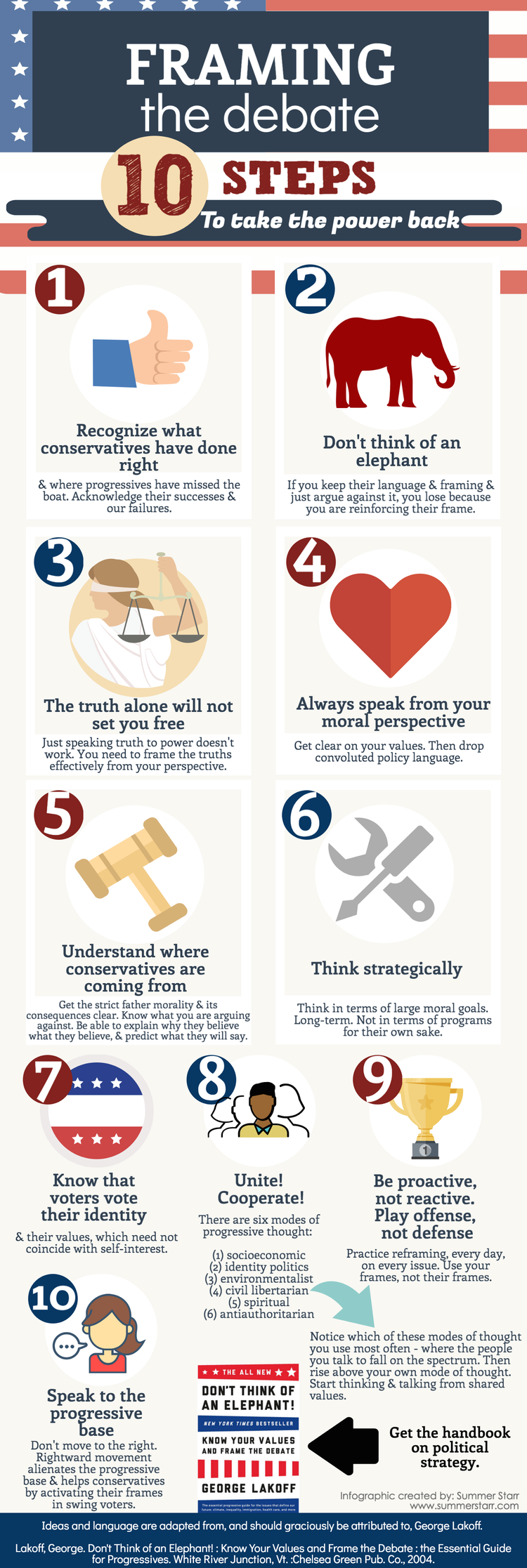Some background info to get a jumpstart on how government works
civ·ics /ˈsiviks/ noun. noun: civics
(1) the study of the rights and duties of citizenship.
Maui COUNTY Council:
How A Bill Becomes An Ordinance
1 - Bills are drafted by County Departments, the Council, or by individuals in the community who then must pass it on to a Department or Councilmember for "introduction" to the Council.
2 - Upon receipt by the Council, bills are placed on the Order of the Day for passage on first reading.
3 - After first reading, bills are referred to the appropriate committees for review or amendment. The bills, as approved by the committees, are sent back for public hearing and passage on second reading.
4 - A public hearing is held when required by law, or when deemed necessary by the Council. Bills usually pass second reading concurrently with public hearing.
This is where the citizenʻs voice comes into the scene! It is at this stage you are able to submit testimony, telling the Council your thoughts whether in writing or in person or both. Details on how to submit testimony below and here.
5 - Bills are required to be published in the daily newspaper after passage on second reading.
6 - After second reading and public hearing bill are referred back to the committees for further review or amendment.
7 - Upon approval by the committees, bills are sent back to Council for passage on third reading.
8 - After third reading, bills are transmitted to the Mayor for approval or disapproval.
AND there is one other way...
Ordinances Proposed via Initiative Power (Citizen's Initiative)
Voters are able to propose and adopt ordinances through initiative power. Any proposed ordinance approved by the majority of voters voting on the matter shall be adopted. An ordinance adopted by initiative power is not subject to a veto by the Mayor.
What's the difference?
Well the traditional and most common way of getting a new ordinance adopted is to move it through the County Council then to the Mayor for final approval. BUT a Citizenʻs Initiative takes a bill and puts it STRAIGHT on the BALLOT for erʻbody to vote on. Everyone in the entire County of Maui; Molokaʻi, Lanaʻi, Maui and Kahoʻolawe. Itʻs never been done in Maui County until NOW. So what does that mean for voters? That means:
No need go testify (on this particular bill),
Just vote YES on November 4th.
Pau.
If it passes, it passes. Which means, no need Council and no need Mayoral approval.
Pretty unreal, yeah?
MAUI COUNTY CODE, 1980: This code contains ordinances and regulations of a permanent nature. Click on the image for a list of the rules and regulations which have been adopted by County agencies. Copies of these rules may be obtained at the Office of the County Clerk of the County of Maui or at the offices of the respective agencies which promulgated said rules and regulations. This is the third codification of the Permanent Ordinances of the County of Maui. The ordinances were codified in 1966 and 1971.
Click on the image above to be taken to the online, searchable database for the Maui County Code.
Hawaiʻi STATE Legislature:
www.capitol.hawaii.gov: The Hawaii State Legislature's website is the key portal for those wishing to get informed and involved in the legislative process. The site is geared toward providing quick and easy access to the information you need in order to participate in the lawmaking process.
http://lrbhawaii.org/par/: We are very fortunate to have the Hawaiʻi Legislature Public Access Room. During Legislative Session (January to June) there is a team on the 4th floor of the State Capitol, on the phone, on the web, and on email to help answer any questions you may have about the State Legislative process. No matter how silly you think the inquiry is. The website above has loads of resources as well.
U.S. FEDERAL Legislature (Congress):
www.votesmart.org: This website has a relatively detailed, yet concise overview of the process through which a bill becomes law.
www.congress.gov: From here you are able to search any piece of legislation, current and past. Check the status (i.e.:has it passed out of committee), and of course, read the full text of any bill. You may also find information (i.e.: phone numbers, email contact, room numbers and more) about Congressional Committees and Congressional Members (Senators and Representatives).
As far as advocacy is concerned, the possibilities are endless....
As is the case for the County and State levels, it would be most advisable to acquaint oneself with lobbying groups with which you have a resonance. Ask to be kept informed via their email list. Trying to keep track of every bill pertaining to your issue of interest may be biting off more than most anyone can chew. Those that are hired full time to "track bills" are able to determine which bills will move forward and which wonʻt, thereby increasing the efficiency of the tracking process and narrowing down the focus to just a handful of bills.
Remember Schoolhouse Rock? Well, it does some up the journey from Idea --> Bill --> Law, more or less.






